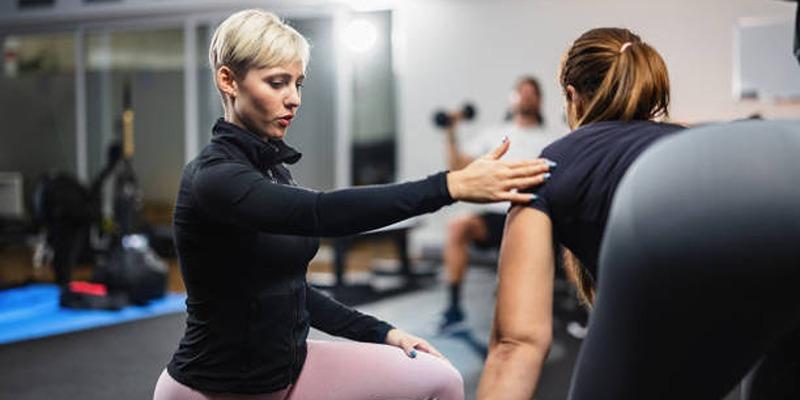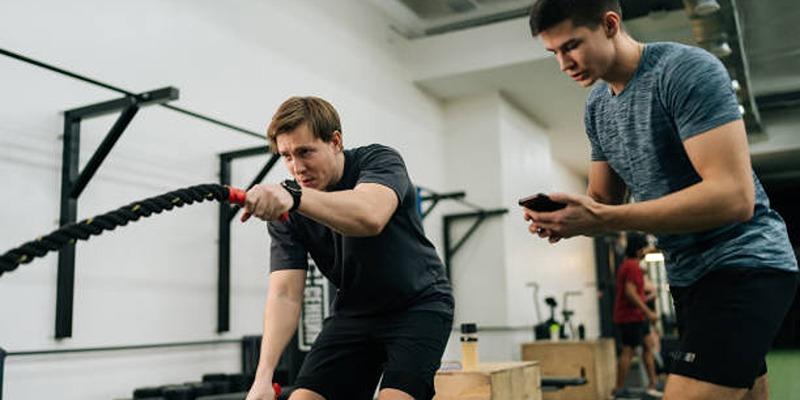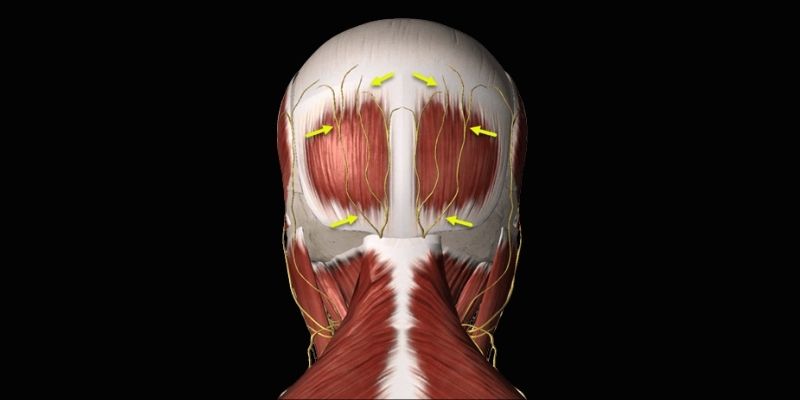Hiring a personal trainer can help you reach your fitness goals faster, stay motivated, and train safely. But not all personal trainers are the same. Choosing the right one is essential for your progress and overall experience. This guide explains what to look for when selecting a personal trainer, from certifications to personality fit, so you can make a confident and informed decision.
Why Hiring the Right Trainer Matters
Personal trainer is more than some one who says ‘do such exercises’. A good trainer will motivate you, build your plan around your specific goals and also ensure your form allows you to get in shape and also avoid injury. Conversely, the wrong trainer can clog your frustration, crash your health or dampen you out of fitness altogether.
Qualifications and Credentials
 When selecting a personal trainer, their qualifications and credentials should be your top priority. A certified and well-trained professional ensures you receive safe, effective, and science-based guidance.
When selecting a personal trainer, their qualifications and credentials should be your top priority. A certified and well-trained professional ensures you receive safe, effective, and science-based guidance.
Certified by Recognised Organisations
Always look for a trainer who holds a certification from a reputable body. This shows they understand exercise science, safety protocols, and proper training techniques.
Popular certifications include:
- ACE (American Council on Exercise)
- NASM (National Academy of Sports Medicine)
- ACSM (American College of Sports Medicine)
- ISSA (International Sports Sciences Association)
These credentials show that the trainer has completed professional training and passed an exam.
Continuing Education and Specialisations
A good trainer keeps learning. Ask if they’ve taken recent courses or workshops. Trainers with specialisations (like strength training, weight loss, or post-injury recovery) may suit your goals better.
Experience and Track Record
Look for a trainer with proven experience and a history of helping clients achieve their goals.
Years in the Field
Experience matters. A trainer who has worked with many clients over the years is likely to understand different body types, limitations, and fitness levels.
Ask questions like:
- How long have you been training clients?
- Have you worked with someone like me before?
Client Testimonials or Success Stories
Ask to see reviews, testimonials, or before-and-after photos. Real results and client feedback say a lot about a trainer's ability to help others succeed.
Communication Style and Personality
Finding a trainer with a communication style and personality that aligns with your preferences is essential for a productive partnership. How they motivate, instruct, and connect with you can greatly impact your overall experience and success.
Clear and Motivating Communication
A trainer must be able to explain exercises, correct your form, and keep you motivated—all in a clear, encouraging way. If you feel uncomfortable or confused during sessions, progress will be harder.
Personality Fit
You’ll spend a lot of time with your trainer. Choose someone whose personality matches yours. Some people prefer a friendly, supportive coach, while others respond better to firm, no-nonsense guidance. There’s no right or wrong—it depends on what helps you feel comfortable and motivated.
Training Approach and Method
Understanding your trainer’s approach and methodology is crucial for a successful fitness journey. Their training style should align with your goals, preferences, and physical abilities to ensure effective progress.
Goal-Oriented Planning
Your trainer should ask about your goals and create a plan tailored to your needs. If someone offers the same plan to everyone, that’s a red flag.
Your fitness plan should include:
- A clear timeline
- Progress tracking
- Adjustments when needed
Variety and Adaptability
The best trainers keep things interesting and fresh. They adjust routines based on your progress, mood, or any pain you experience. They also know how to work around injuries or health concerns safely.
Professionalism and Punctuality
Professionalism and punctuality are crucial traits of a reliable and effective trainer.
Reliable and Respectful
Your time and money matter. A professional trainer shows up on time, respects your schedule, and maintains a clean, organised training space.
Safety First
They should always check your form, avoid pushing you beyond your limits, and ask about any existing health issues before starting. A good trainer knows when to push and when to scale back.
Availability and Flexibility
A great trainer ensures their availability aligns with your schedule and adapts to your needs.
Scheduling Options
Make sure your trainer offers times that work for you. Some trainers are available early in the morning or late at night, while others stick to standard working hours. Consistency is key for results, so match schedules before you commit.
In-Person or Online Options
With digital tools available, many trainers now offer online sessions. If you prefer working out at home or have a busy lifestyle, this might be a great option. Ask whether they provide remote coaching, recorded sessions, or live video workouts.
Cost and Value
Understanding the cost and value of a personal trainer is crucial to making an informed decision.
Transparent Pricing
Find out what’s included in the price—sessions, plans, nutrition advice, follow-ups, etc. The cheapest option isn’t always the best. Think in terms of value, not just cost.
Package Deals or Trial Sessions
Some trainers offer packages at a discount or free trial sessions. Use those opportunities to test how well the trainer fits your needs without committing long-term.
Red Flags to Watch Out For
When choosing a personal trainer, be mindful of potential red flags that could indicate a poor fit or lack of professionalism.
No Certification or Insurance
If a trainer has no valid certification or professional insurance, walk away. This can put you at risk of injury and legal issues if something goes wrong.
Pushes Products or Supplements
Be cautious of trainers who try to sell you protein powders or supplements right away. Your trainer should focus on your goals, not sales.
Doesn’t Listen to You
If you say you're uncomfortable or experiencing pain and the trainer ignores it, that’s a serious problem. Your trainer should always listen, adjust, and communicate openly.
Questions to Ask Before You Commit
 Before hiring a personal trainer, ask these important questions:
Before hiring a personal trainer, ask these important questions:
- What are your qualifications?
- How do you track progress?
- Have you worked with someone with similar goals?
- What’s your cancellation policy?
- Do you offer trial sessions?
- What’s included in the price?
A good trainer will welcome these questions and provide honest, clear answers.
Final Thoughts
Choosing a personal trainer is a big step toward improving your health and fitness. Take your time, do your research, and trust your instincts. Look for someone who is qualified, experienced, and truly interested in helping you grow. Remember, this is your journey. The right trainer will guide you, support you, and make the process enjoyable. Don’t settle for less.












